By Jean Rydberg
Canon's EOS R7 and R10 APS-C sensor mirrorless cameras released in 2022 quickly shot to the top of our list of favorite cameras to shoot underwater. The combination of size, imaging quality, and ergonomics is unparalleled.
Shooting with a cropped sensor compact has some implications for lens selection. We are looking for lenses that provide amazing image quality without compromising the size, weight, or affordability of the system. Read on to find out what we’re shooting when we take these cameras underwater.

Mid-Range Zoom Lenses
Canon 18-45mm RF-S f/4.5-6.3 IS STM
US MSRP $299 included with R10 Kit
The “kit lens” 18-45mm lens is a great starting point for shooters who want to do a little bit of everything. The 18mm equivalent wide angle is adequate for shooting larger subjects like turtles, sharks, and a portrait of your buddy, but will be too narrow if you’re interested in shooting close focus wide angle, shipwrecks, whales, or large reef-scapes. Zooming in to 45mm gives you the ability to shoot small subjects from a fairly close distance. The lens is very compact and lightweight. You can attach the lens to the camera before putting the camera in the housing, which makes set-up very easy. The 18-45mm lens operates in the 200DLM housings using the Dome Port with Zoom # 5516.15.

Canon 18-45mm RF-S f/4.5-6.3 IS STM © 2023 Nirupam Nigam

Even at full wide angle the kit lens is not quite wide enough to shoot a large Southern Stingray when it approaches. Canon 18-45mm RF-S f/4.5-6.3 IS STM shot at 18mm with the Canon EOS R10 © Ikelite Underwater Systems
Canon 18-150mm Canon RF-S f/3.5-6.3 IS STM
US MSRP $499
Long zoom range lenses like the Canon 18-150mm are always tempting with their promise of going from wide angle to super macro with the spin of a ring. And it does work well when we’re shooting on land through air. When we use a lens underwater, the port on our housing actually acts kind of like a modifier lens. There is a sweet spot where the lens is the perfect distance from the inside of the port for the best focus and clarity. Increasing and decreasing the distance between the front of the camera’s lens and the inside of the port (as happens with a zoom lens) will positively or negatively affect the edge sharpness achieved with that lens.
Wide Angle and Fisheye
Canon 16mm RF f/2.8 STM
US MSRP $299
If you’re looking for something that’s a little wider and brighter, the RF 16mm is a nice addition to your gear bag. The lens is so compact and affordable. You don’t need to mess with a zoom gear, just put on the shorter 6” Dome Port # 5516.11 and you’re ready to go. Installation doesn’t get any easier than this. Alternatively, use the DLM 8” Dome Port # 75340 to shoot split shots (half-in, half-out of the water).

Tokina 10-17mm Fisheye with EF-to-RF Adapter
US MSRP $449 Lens + $99 Adapter
This is absolutely one of our all-time favorite lenses for underwater wide angle and close focus wide angle (CFWA). It performs very well on the Canon RF mirrorless cameras, providing excellent sharpness and can focus down to the front of the dome port. You can use it with the same dome port as the kit lens plus Zoom Gear # 5509.30. The small diameter of the lens allows you to attach it to the camera body before putting the camera into the housing.
While the Tokina is awesome for still imaging, we would recommend staying away from this lens if you’re planning to shoot mostly video with your camera. This lens has no optical image stabilization which results in sloppy looking video footage underwater.

Tokina 10-17mm Fisheye with EF-to-RF Adapter © 2023 Nirupam Nigam

Tokina 10-17mm Fisheye with EF-to-RF Adapter © Nirupam Nigam

Canon 8-15mm Fisheye with EF-to-RF Adapter
US MSRP $1,249 Lens + $99 Adapter
If you want a fisheye zoom that shoots incredibly sharp stills and stable video, then the Canon EF 8-15mm lens is for you. This lens gives you a full circular fisheye frame on the widest end and a beautiful wide shot with relatively little distortion on the 15mm lens. It’s worth noting that Adobe’s Lens Corrections tab can actually remove the pincushion distortion if you want to cheat and take advantage of the fisheye’s superior edge sharpness and then convert to a more rectilinear look in post-production. The larger diameter of the front of the lens requires you to install the camera body into the housing before attaching the lens, zoom gear, and dome port.
Macro Close-Up

Canon 85mm RF f/2 Macro IS STM
US MSRP $599
The Canon 85mm Macro combined with the intelligent auto-focus system of Canon’s mirrorless line-up turns small subjects into a point-and-shoot video game. You’ll be amazed at the focus tracking on all kinds of small creatures that we used to avoid shooting, like basslets and blue chromis. We recommend using the back button focus lever for the AF-ON control to keep track of what you want to shoot without looking away from the LCD screen or viewfinder. This lens can easily shoot up to 10 feet away underwater which only leaves you the trouble of lighting your subject. The only downside of the 85mm is its large diameter. Install your camera body into the housing, then carefully attach the lens to the camera body. This lens grows quite long as it focuses, requiring the Extended Flat Port # 5516.50 plus DLM Extension 1.2-inch # 5516.65. Attach the extension to the flat port first, then attach the complete unit to the front of the housing.

Canon 85mm RF f/2 Macro IS STM © Ikelite Underwater Systems

Canon 85mm RF f/2 Macro IS STM © Ikelite Underwater Systems

Canon 100mm RF f/2.8L Macro IS USM
US MSRP $1,299
If you want one of the fastest, best macro lenses on the market, then look no further. The Canon 100mm has been a standard for underwater shooting for decades and the latest RF version lives up to its predecessors’ standards. We like that the 100mm is weather sealed (though NOT waterproof), has internal focusing elements, and a tremendous working distance range. The camera body will need to be installed in the housing before attaching the lens and flat port. Use the new extended Flat Port # 5516.51 plus Extension # 5516.70.

Canon 100mm RF f/2.8L Macro IS USM © Nirupam Nigam

Canon 100mm RF f/2.8L Macro IS USM © Steve Miller
Conclusion
Keep in mind that a great lens is one of the best investments you can make in photographer - the other being good lighting. An awesome lens typically carries forward with you to future camera (and housing) systems.
The port recommendations in this article are exclusive to Canon RF-mount cameras inside of a 200DLM Underwater Housing. See the full port chart for additional lens port recommendations. The lens recommendations in this article have been tested underwater with Canon EOS R7 and R10 cameras.
Have more questions on lens choice? We're here to help! Shoot us an email to ikelite@ikelite.com
 Jean Rydberg, daughter of Ike Brigham, became President & CEO of Ikelite in 2006. Prior to that, she wisely pursued a degree in Astronomy & Astrophysics to prepare herself for the challenges of running a technology-driven manufacturing business with global distribution. Jean fully embraces the need to travel outside of her hometown of Indianapolis to experience good diving. She believes that any camera is capable of amazing results in the right hands, and anyone can become a great photographer given the right advice. When she's not working she's spending time with her husband, cats, and two daughters (though not necessarily in that order).
Jean Rydberg, daughter of Ike Brigham, became President & CEO of Ikelite in 2006. Prior to that, she wisely pursued a degree in Astronomy & Astrophysics to prepare herself for the challenges of running a technology-driven manufacturing business with global distribution. Jean fully embraces the need to travel outside of her hometown of Indianapolis to experience good diving. She believes that any camera is capable of amazing results in the right hands, and anyone can become a great photographer given the right advice. When she's not working she's spending time with her husband, cats, and two daughters (though not necessarily in that order).
Additional Reading
When to Use a Compact 8" Dome Port Underwater
5 Situations Where You Need a Strobe Underwater [VIDEO]
TTL Underwater Strobes for Canon R10 (and R7) // Setting It Up [VIDEO]
DO'S and DON'Ts of 200DL and 50DL Underwater Housing Set-up [VIDEO]


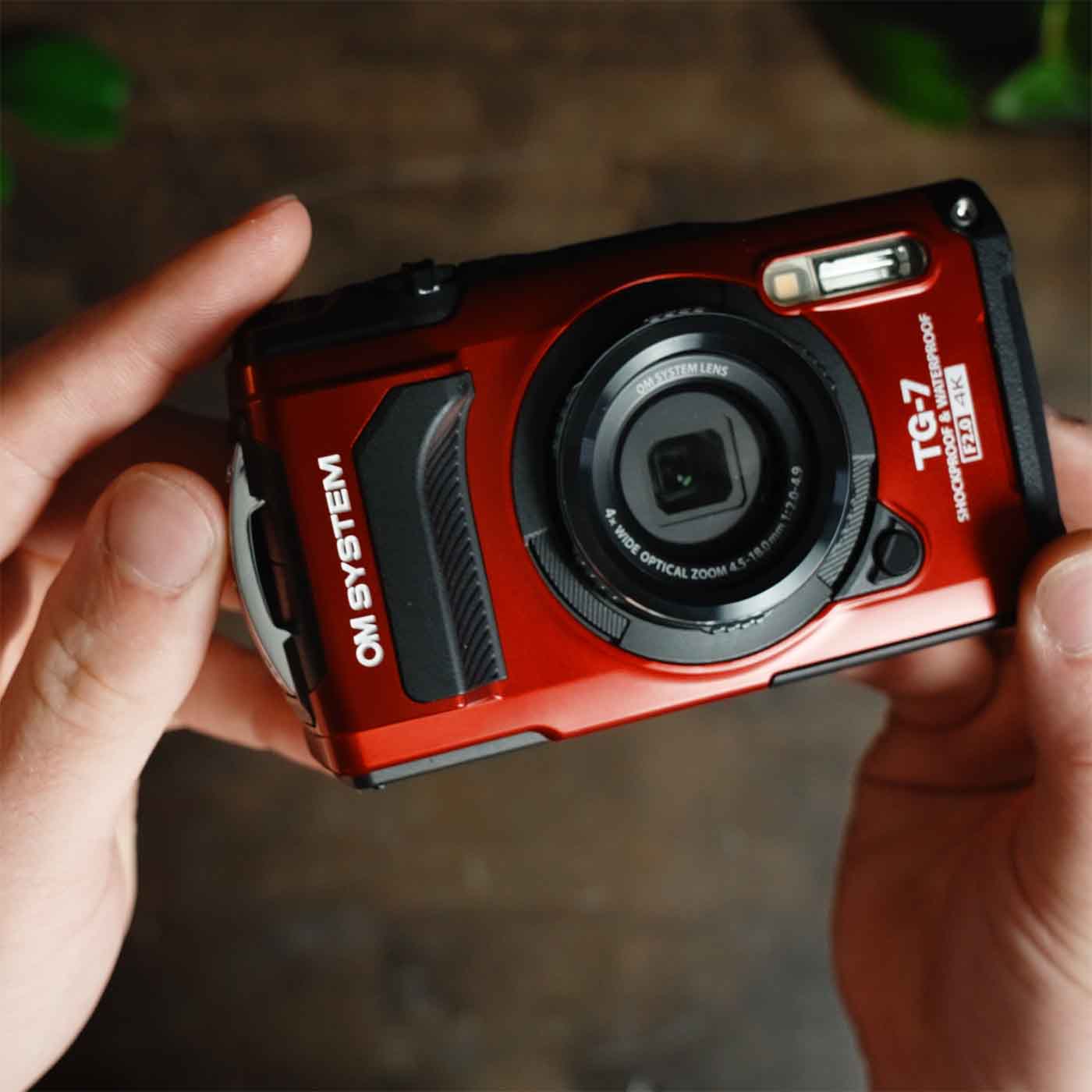
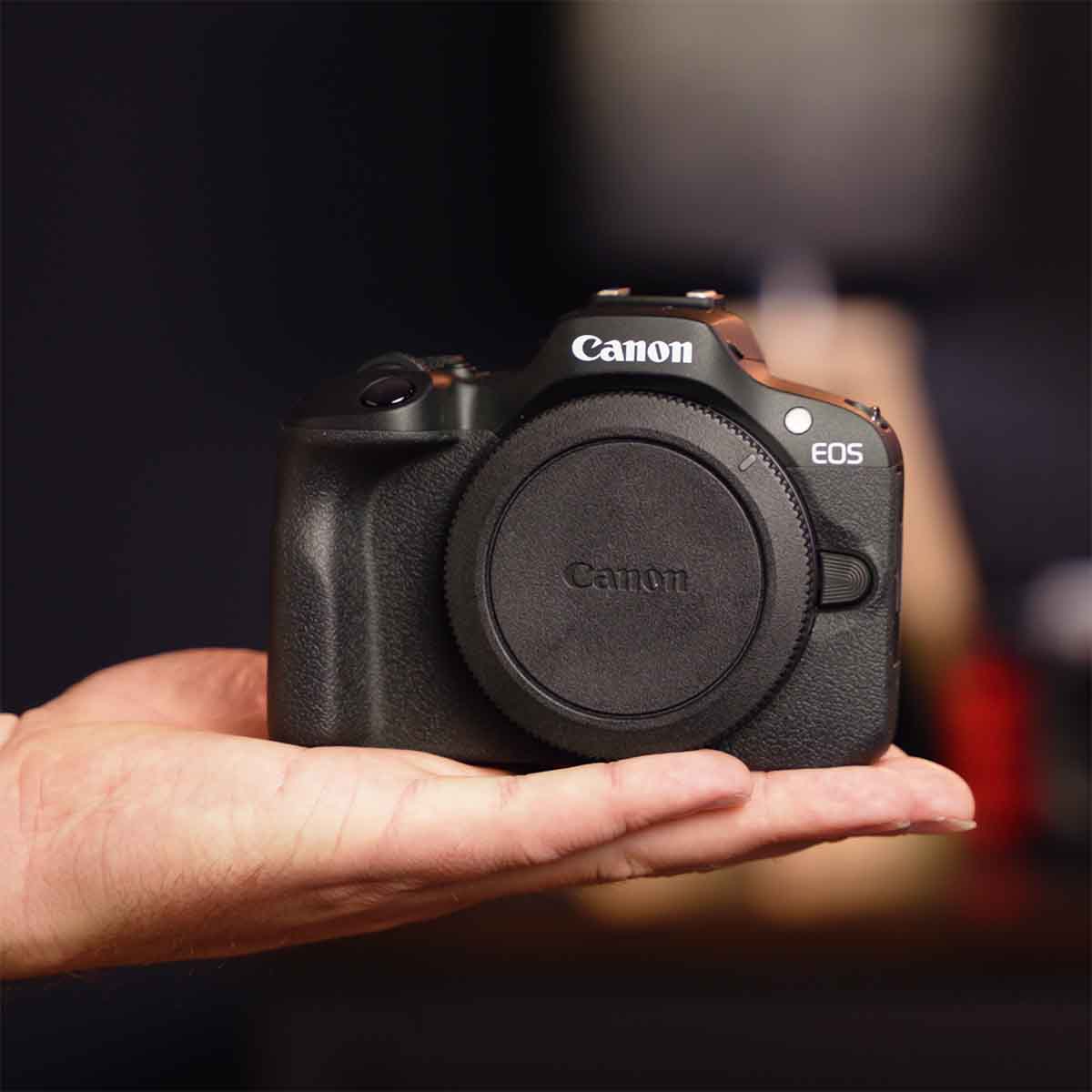
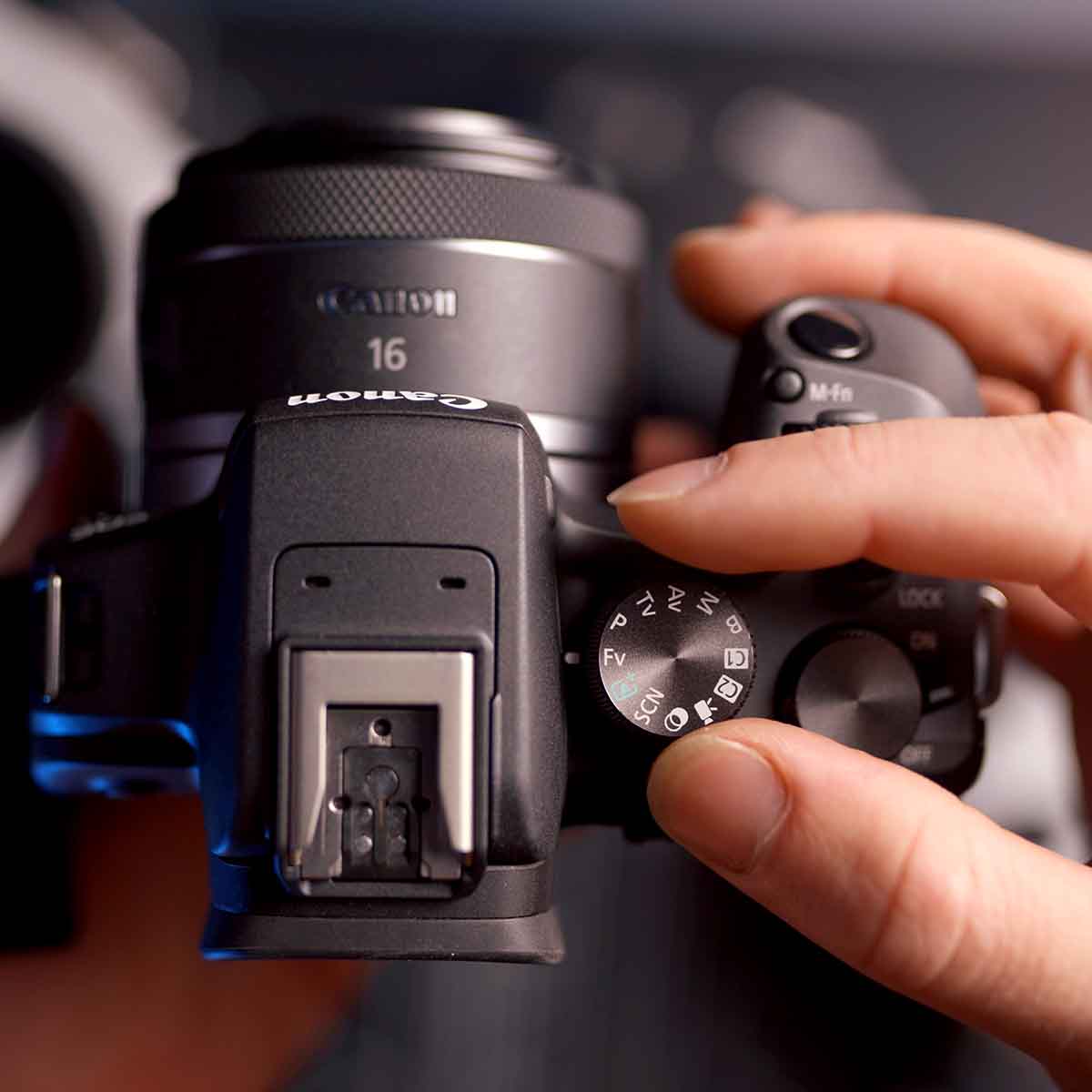
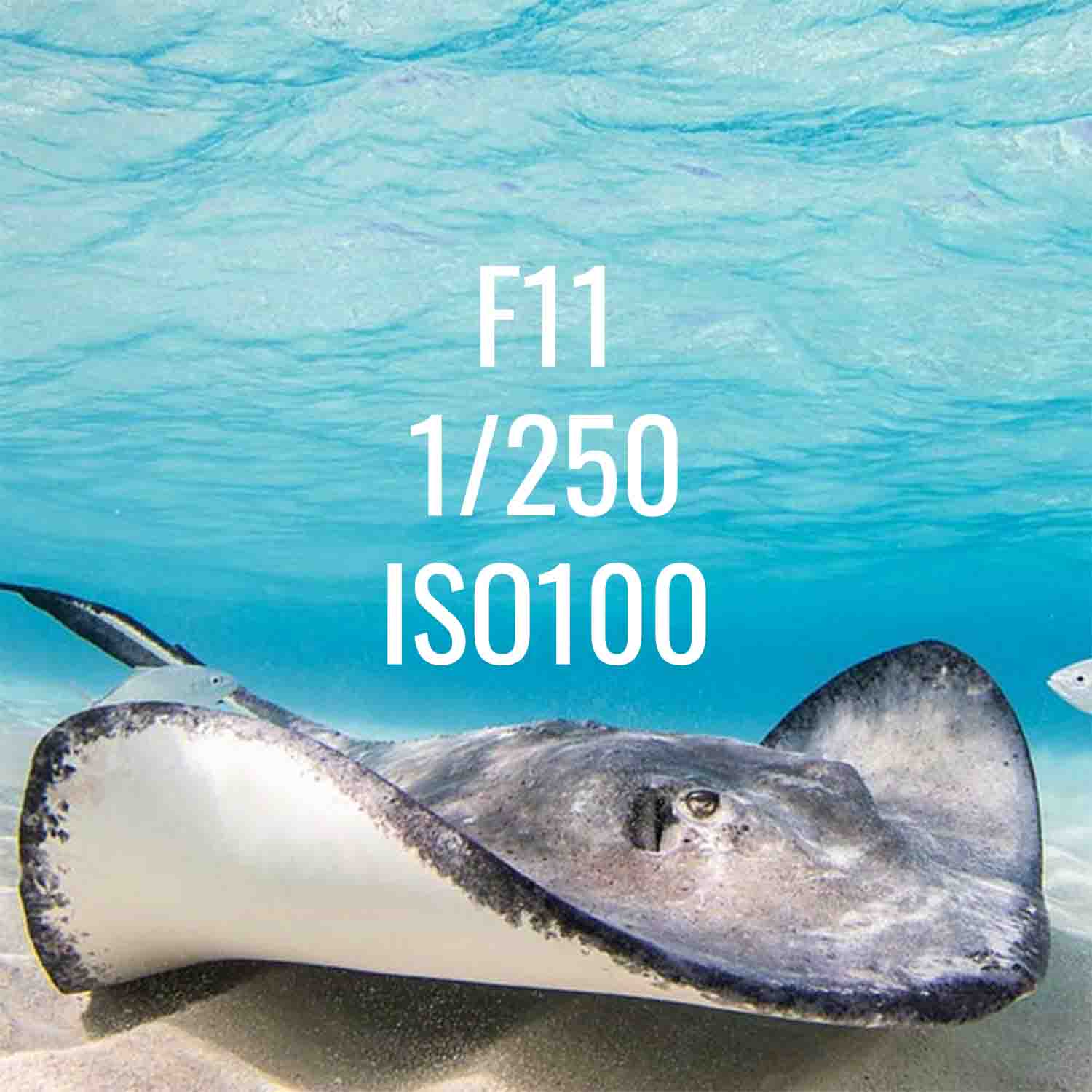


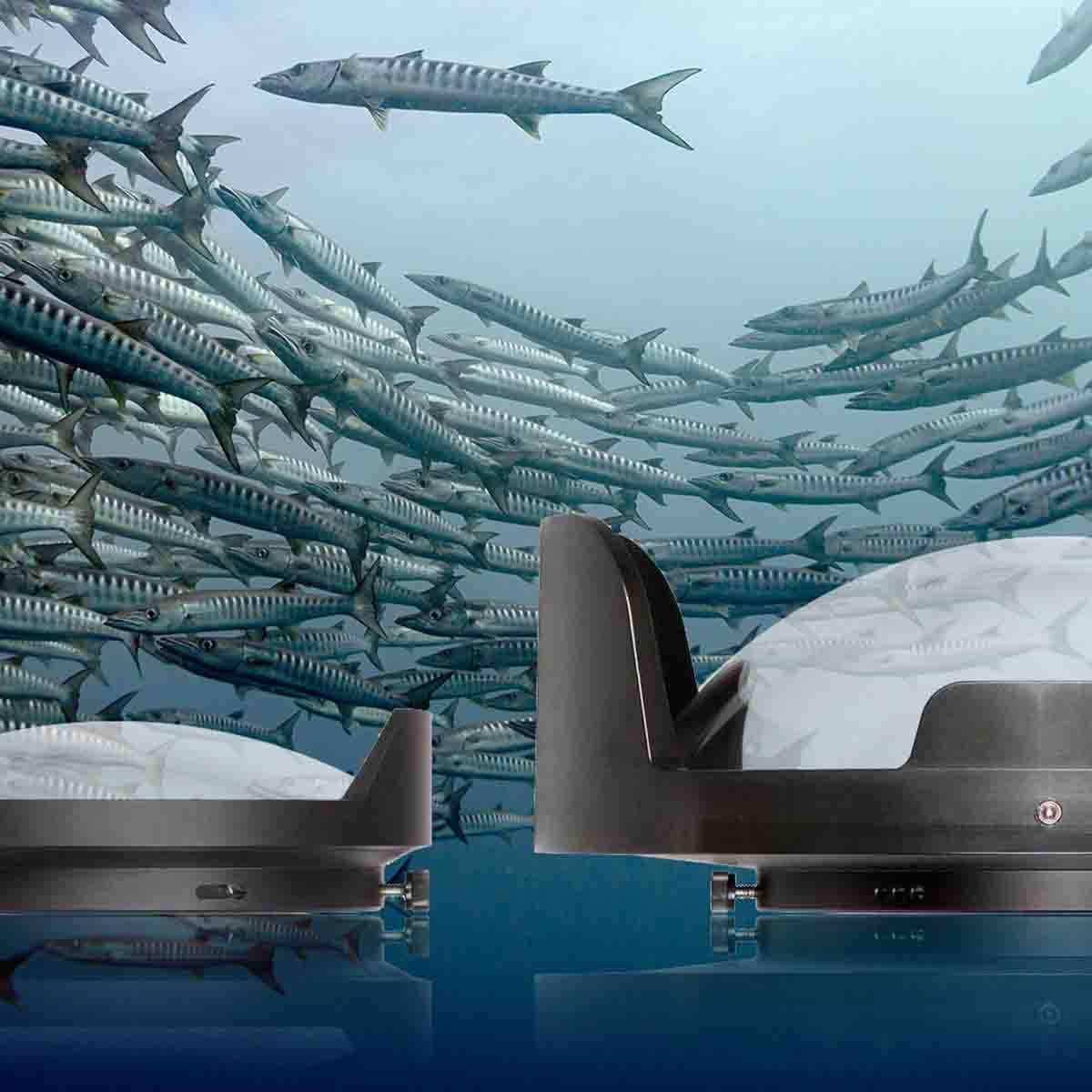
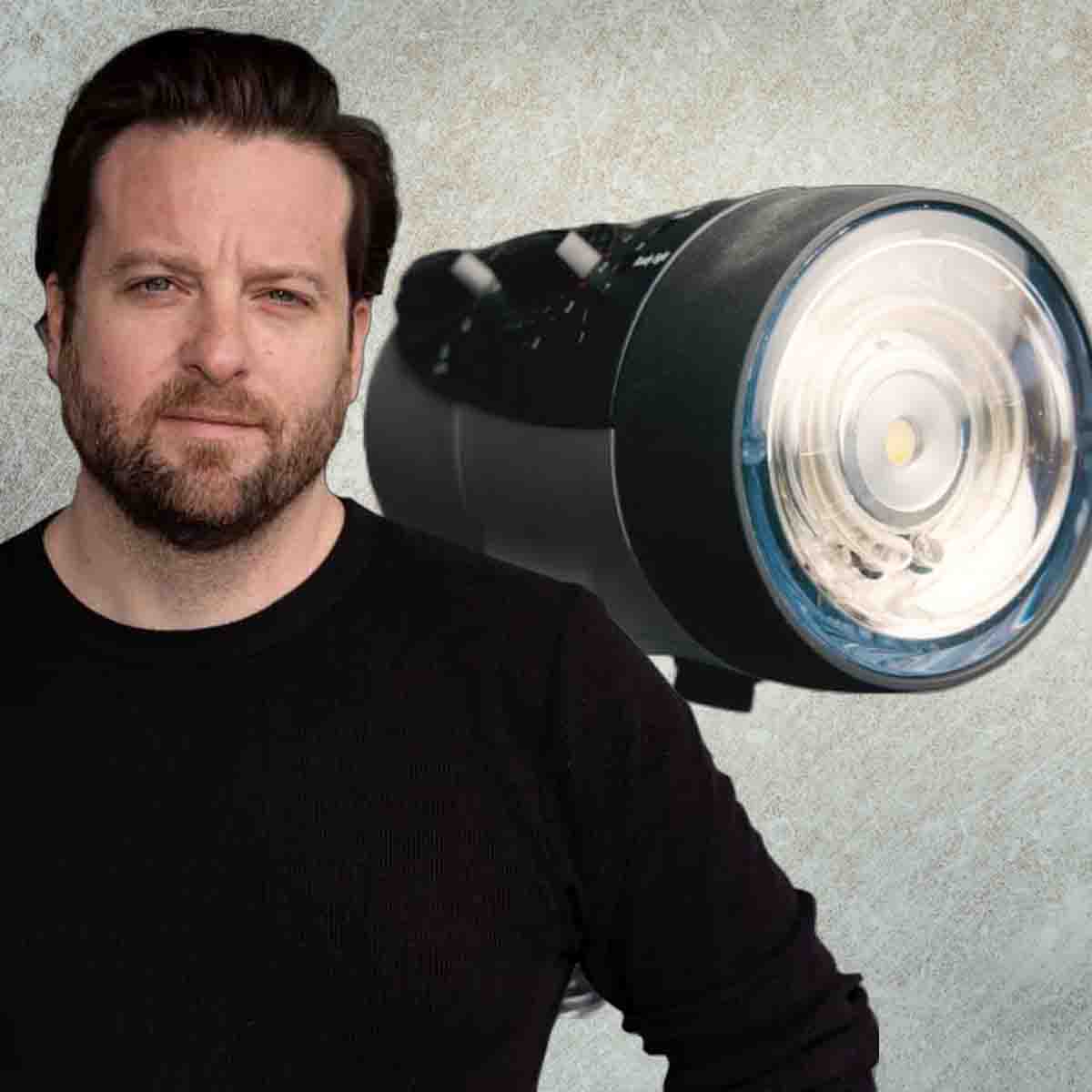

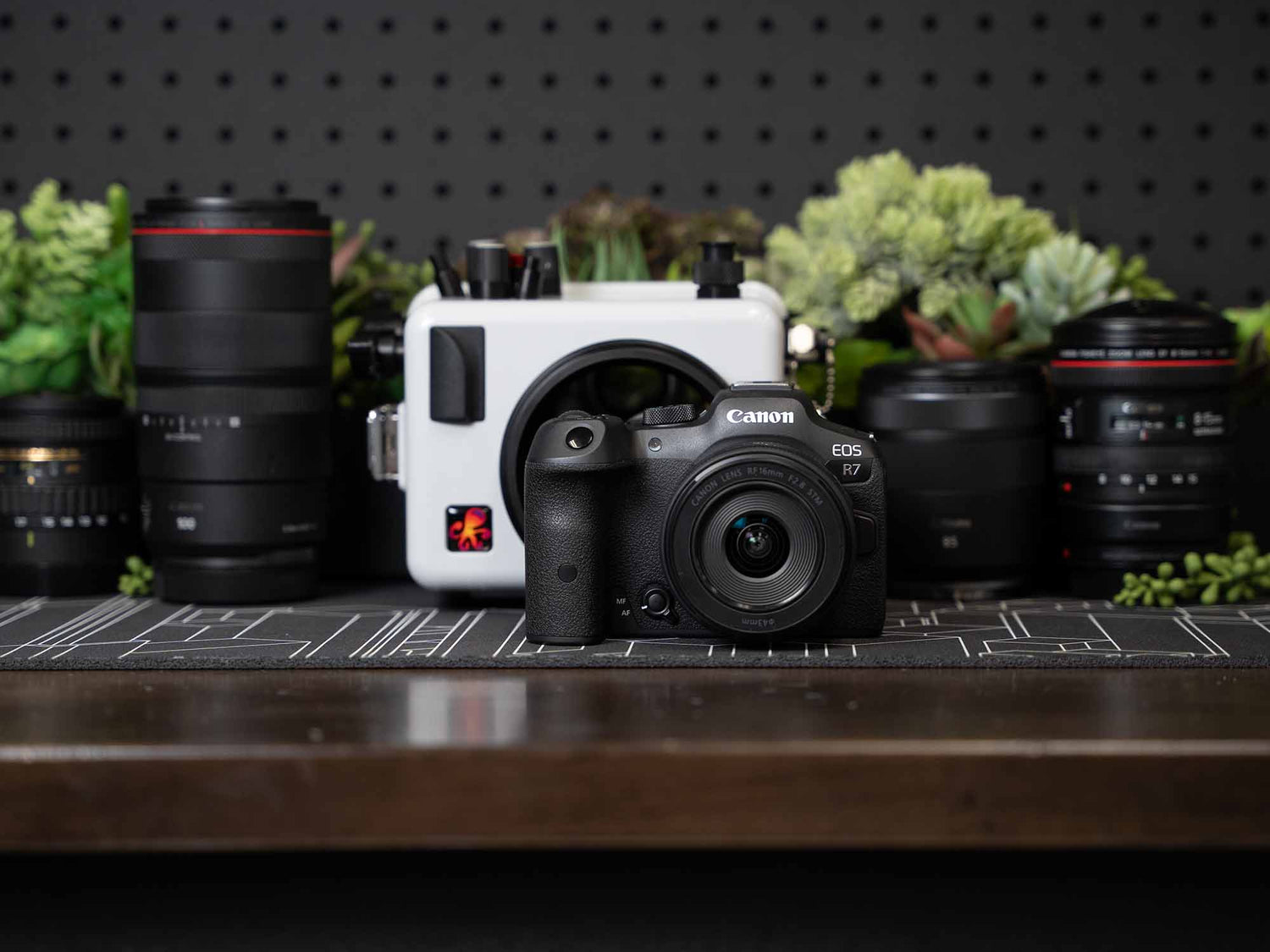

![Canon R10 vs R7 // Best Crop Sensor for Underwater Photography [VIDEO]](http://www.ikelite.com/cdn/shop/articles/Thumbnail_520x500_010193aa-6eb0-4c79-ba45-e41624f6b76c.jpg?v=1763150970&width=520)
![Canon RF 85mm f/2 Macro Underwater Review and Tips [VIDEO]](http://www.ikelite.com/cdn/shop/articles/Canon_85mm_Macro_Article_highres.jpg?v=1677175210&width=2000)